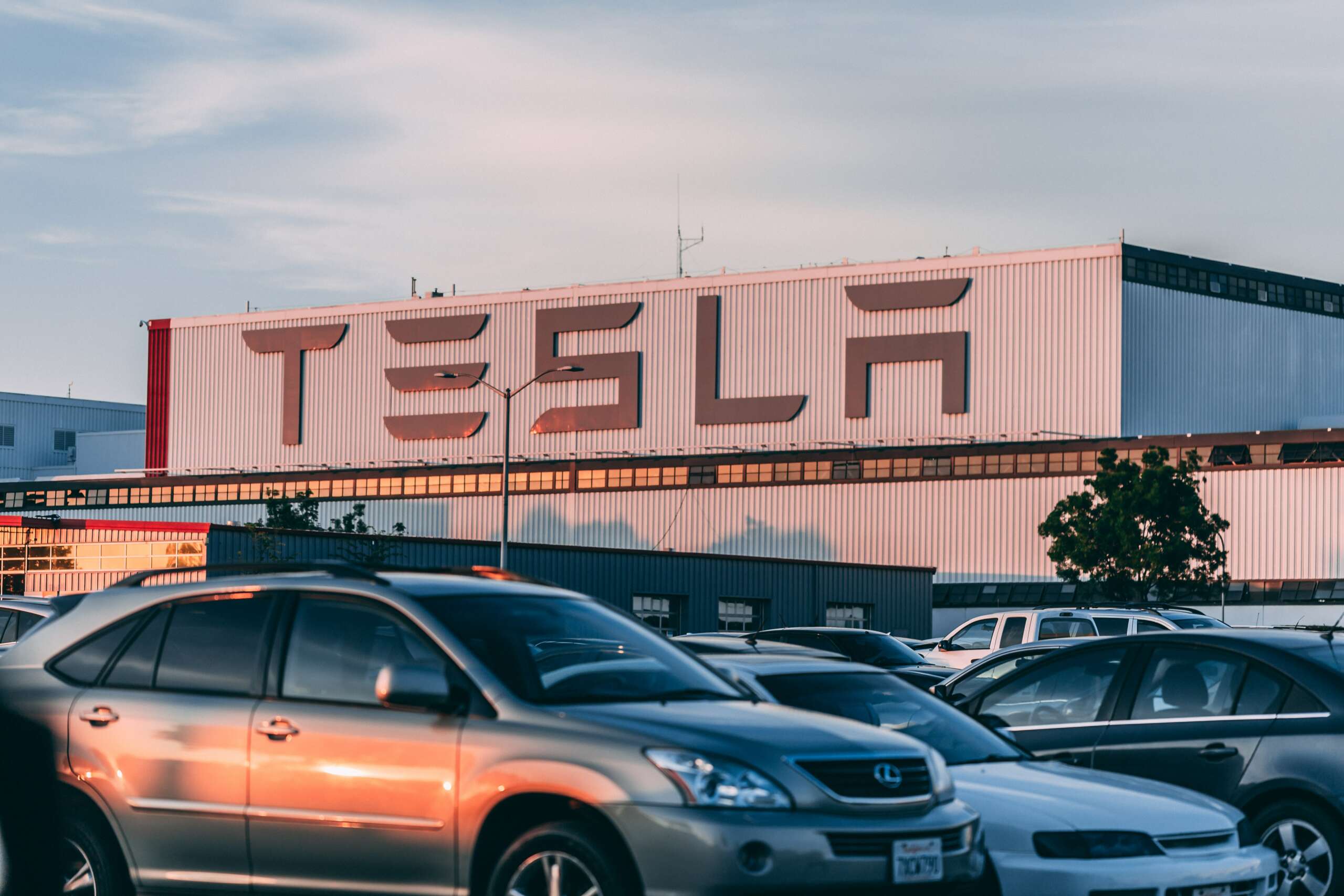27 Jun

As Tesla continues to shake up the automotive industry with its electric vehicles and unconventional CEO, Elon Musk, the company’s stock valuation remains a subject of ongoing debate among investors and analysts. This article delves into the dichotomy between the seemingly high valuation and the inherent potential that justifies such investor confidence.
Tesla’s Market Position: Pioneering the Electric Revolution
Tesla, under the leadership of Musk, has emerged as a market leader in the electric vehicle (EV) industry. The company’s commitment to innovation, its robust product line, and its ability to disrupt traditional automotive market norms have been instrumental in Tesla’s rise as an EV powerhouse.
Wall Street’s Diverging Opinions on Tesla’s Valuation
Tesla’s stock price has soared in recent years, leading to a market valuation that has left some analysts puzzled. Critics argue that Tesla’s current valuation is overblown, focusing on the company’s inconsistent profitability and the increasing competition in the EV market. However, proponents believe the valuation is justified by Tesla’s first-mover advantage in the EV industry, its continued innovation, and its visionary leader.
The Goldman Sachs Perspective
Goldman Sachs has been cautiously optimistic about Tesla, acknowledging its market leadership in the EV space but also expressing concerns about the sustainability of its high valuation. The bank suggests that while Tesla has a compelling product offering and strong brand, these factors alone may not be sufficient to justify its current valuation given the industry’s competitive dynamics and Tesla’s operational challenges.
Morgan Stanley’s Take on Tesla
Morgan Stanley, while recognizing Tesla’s role as an EV trailblazer and its technological prowess, shares similar concerns about the company’s high valuation. The investment bank has emphasized that Tesla’s future success will depend on its ability to scale production efficiently, improve profitability, and maintain its technological edge in an increasingly crowded market.
Conclusion
Tesla’s high valuation continues to be a topic of debate, reflecting the wider uncertainty about the long-term prospects of the EV market and the challenges associated with accurately assessing the value of innovative, disruptive companies. Investors need to balance the promise of Tesla’s pioneering role in the EV market with the potential risks inherent in its ambitious growth plans and its current valuation.


